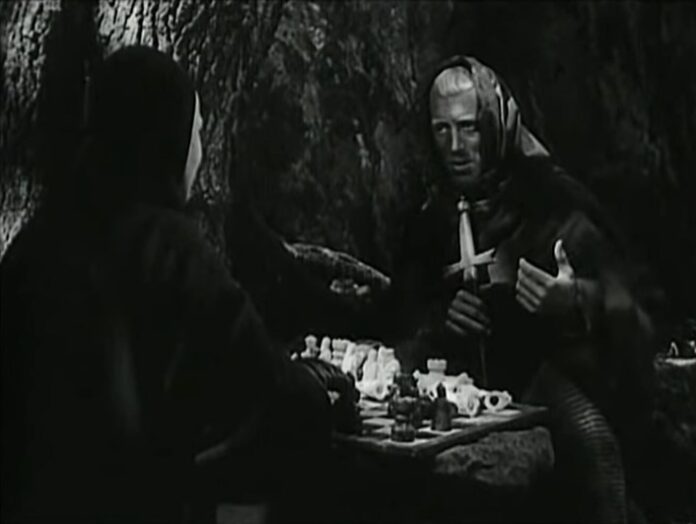In The Seventh Seal, Ingmar Bergman’s masterpiece set in the period of the great plague of the Middle Ages, the most iconic scene is that of the knight playing chess with death.
Admitting a mistake is an act that requires strength and courage. Few are capable of doing this.
It derives from our primordial necessity to believe in what we do without questioning it, because doubt and verification require energy, intelligence and a lot of will. Instead, blindly believing in one thing is much easier because it allows you to optimize every effort.
The most advanced societies are those that are capable of investing in doubt and, at the same time, accepting their errors more easily, considering them as an indispensable instrument for growth.
Conversely, there are societies that still live in a fideistic, religious dimension, where one dogmaticly proceeds out of fanaticism, thus excluding any possibility of error.
But there is more than this. Precisely in the event that a truth opposite to one’s thesis emerges, violence explodes as the only remedy to the shame of error. The greater the faith, the greater the violence perpertrated in an attempt to repress the truth.
As in Bergman’s film, when the knight discovers that he doesn’t stand a chance and that he will be checkmated at the next move, he overturns the pieces on the board trying to circumvent death by this stratagem.
However, death perfectly remembers the position of every chesspiece and inexorably proceeds to eliminate the knight.
RES HUMANA











